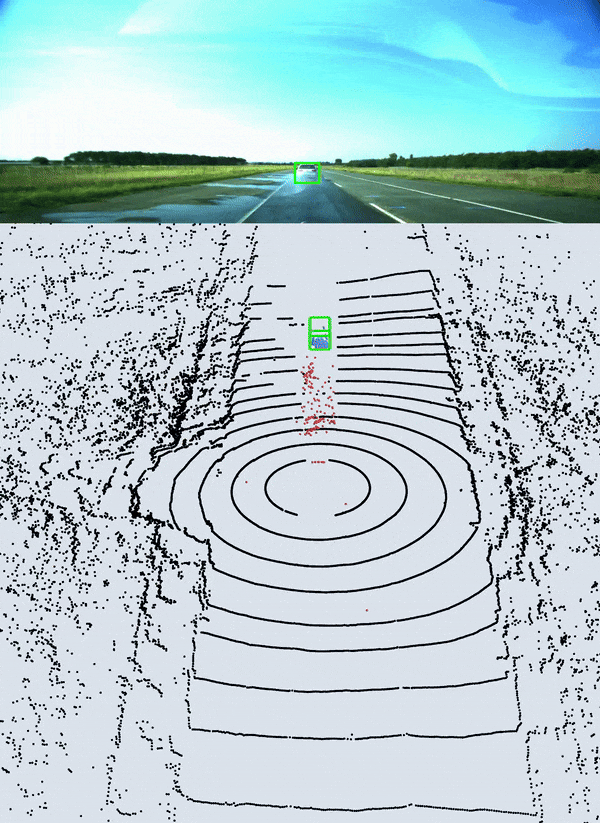Energy-based Detection of Adverse Weather Effects in LiDAR Data
Autonomous vehicles rely on LiDAR sensors to perceive the environment. Adverse weather conditions like rain, snow, and fog negatively affect these sensors, reducing their reliability by introducing unwanted noise in the measurements. In this work, we tackle this problem by proposing a novel approach for detecting adverse weather effects in LiDAR data. We reformulate this problem as an outlier detection task and use an energy-based framework to detect outliers in point clouds. More specifically, our method learns to associate low energy scores with inlier points and high energy scores with outliers allowing for robust detection of adverse weather effects. In extensive experiments, we show that our method performs better in adverse weather detection and has higher robustness to unseen weather effects than previous state-of-the-art methods. Furthermore, we show how our method can be used to perform simultaneous outlier detection and semantic segmentation. Finally, to help expand the research field of LiDAR perception in adverse weather, we release the SemanticSpray dataset, which contains labeled vehicle spray data in highway-like scenarios. The dataset is available at https://semantic-spray-dataset.github.io .
PDF Abstract



 WADS
WADS
 SemanticSpray Dataset
SemanticSpray Dataset